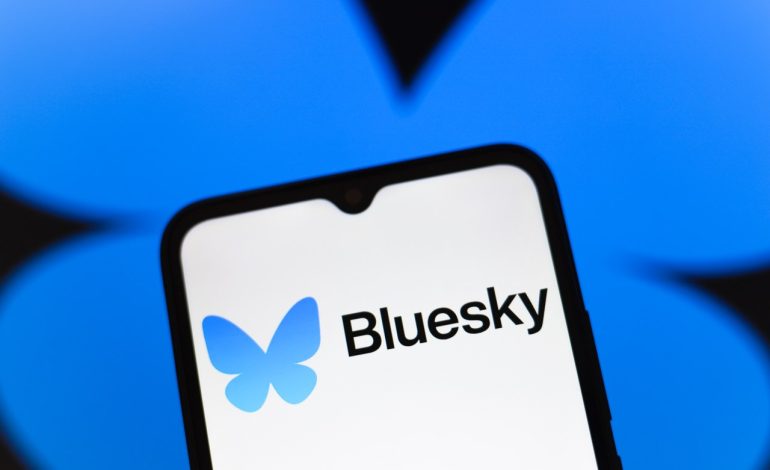Bluesky is taking a two-track approach to America’s patchwork of age-verification laws. After shutting off access in Mississippi over a sweeping new statute, the decentralized social app says it will keep operating in South Dakota and Wyoming by plugging into Kids Web Services (KWS) for age assurance instead of blocking unverified users outright.
Under the KWS setup, people in those states can prove they’re old enough through several options — a payment card, an ID document, an anonymous facial age estimate, or other alternatives. Bluesky is already using the same service to meet the UK’s Online Safety Act.
“We believe this approach currently strikes the right balance. Bluesky will remain available to users in these states, and we will not need to restrict the app for everyone,” the company wrote in a blog post.
Mississippi was another story. Its law would have forced Bluesky to verify every user, not just those trying to access age-restricted content, and to collect parental consent for anyone under 18 — with penalties up to $10,000 per user. For a small team, Bluesky said, the engineering lift and legal risk were too big, so it exited the state entirely, ceding ground to deep-pocketed competitors like Meta.
By contrast, South Dakota and Wyoming’s rules give platforms more room to comply without walling off their services by default, which Bluesky calls a better path. The broader backdrop is messy: with no federal standard, states are rolling out their own age-check regimes, and the requirements can vary wildly. That creates headaches for smaller networks trying to keep up — and fuels privacy worries from advocates who argue the laws are invasive and heighten the risk of identity theft.
For now, Bluesky’s message is clear: it’s willing to verify where it must, as long as it doesn’t have to lock everyone out to do it.
The original story by Sarah Perez for Tech Crunch.










The latest news in your social feeds
Subscribe to our social media platforms to stay tuned